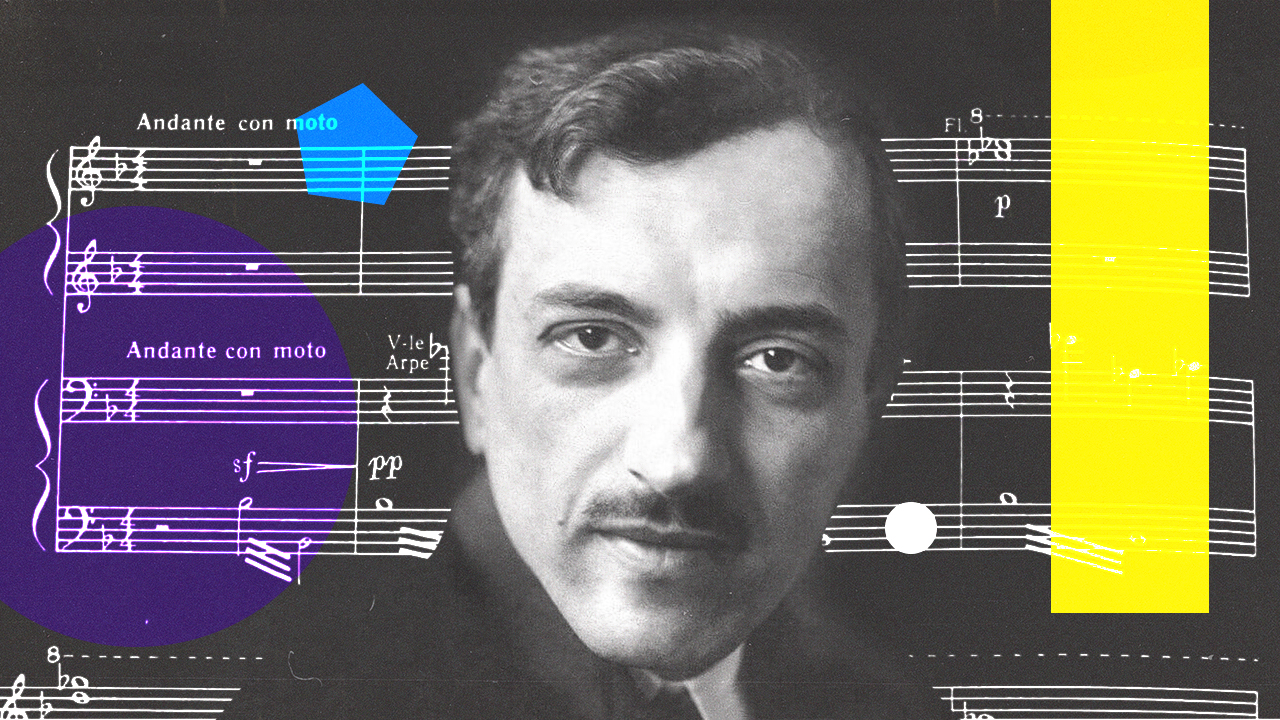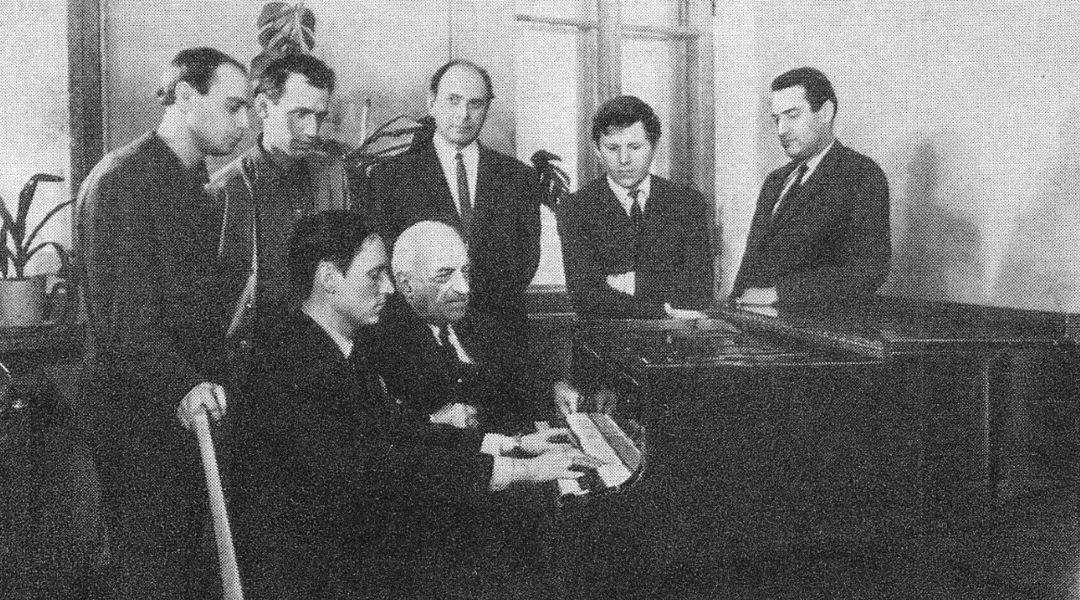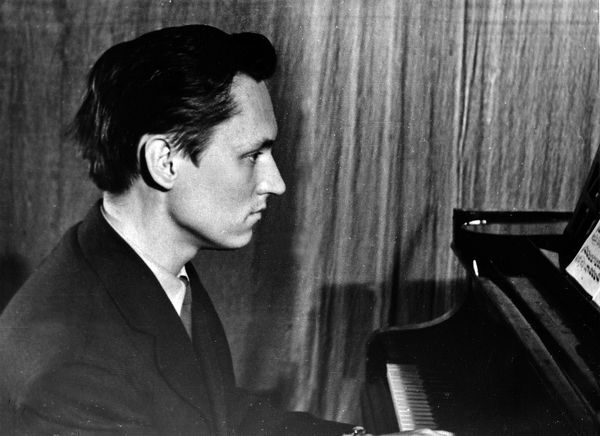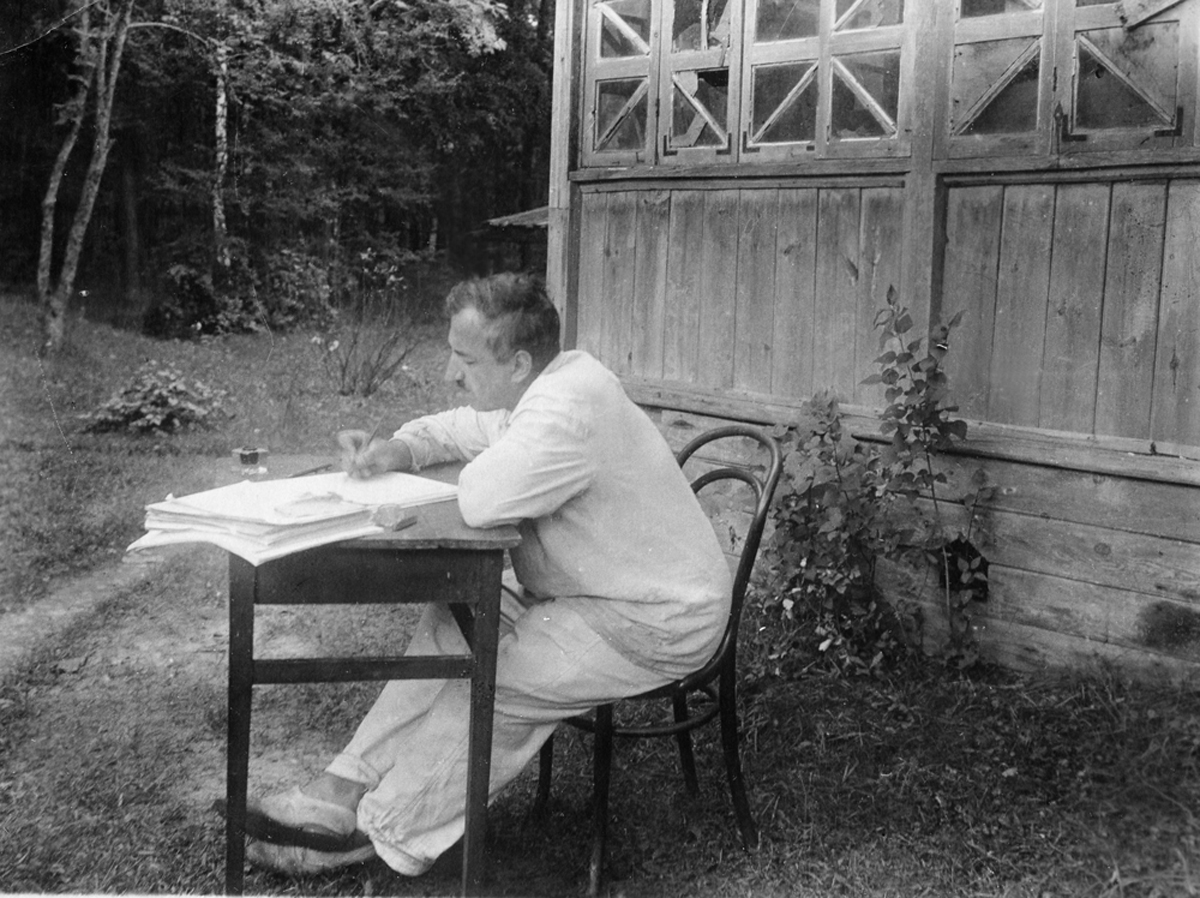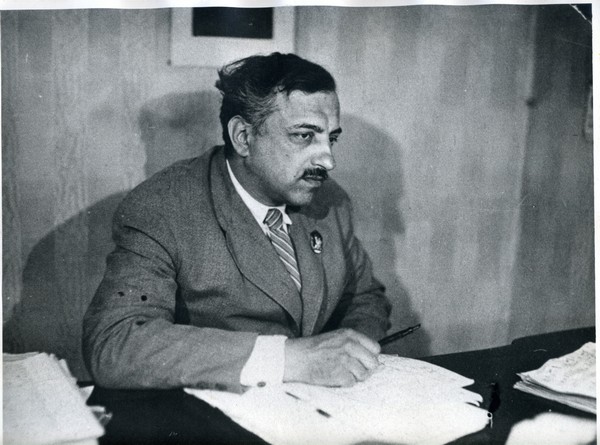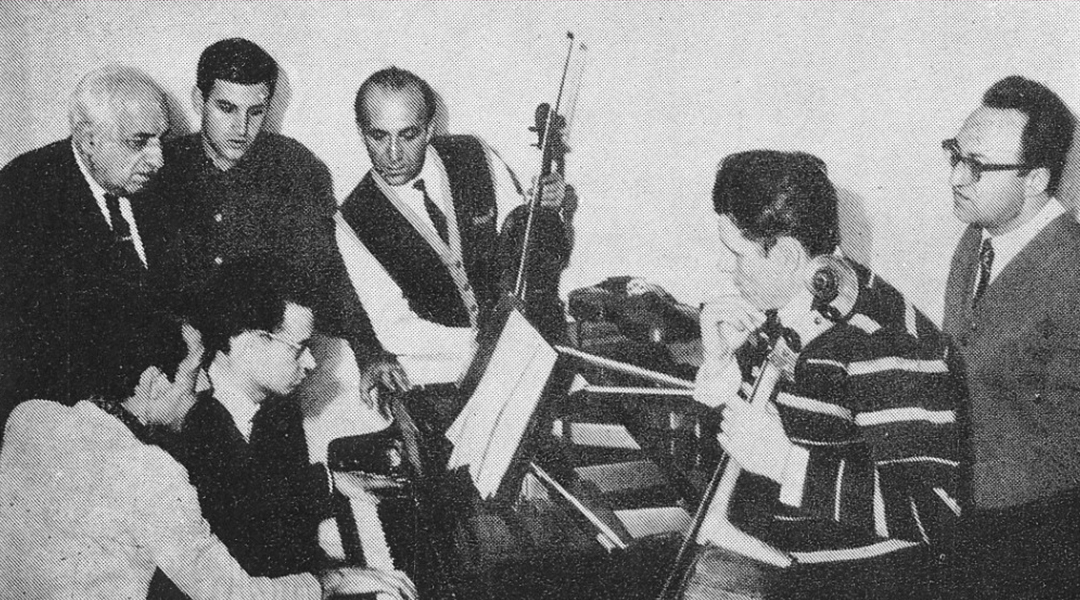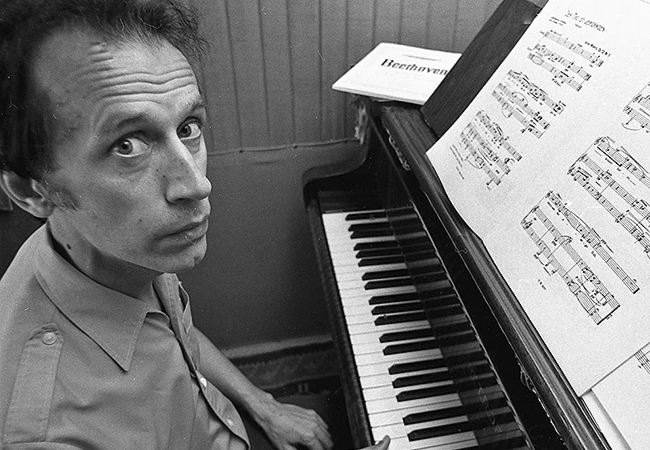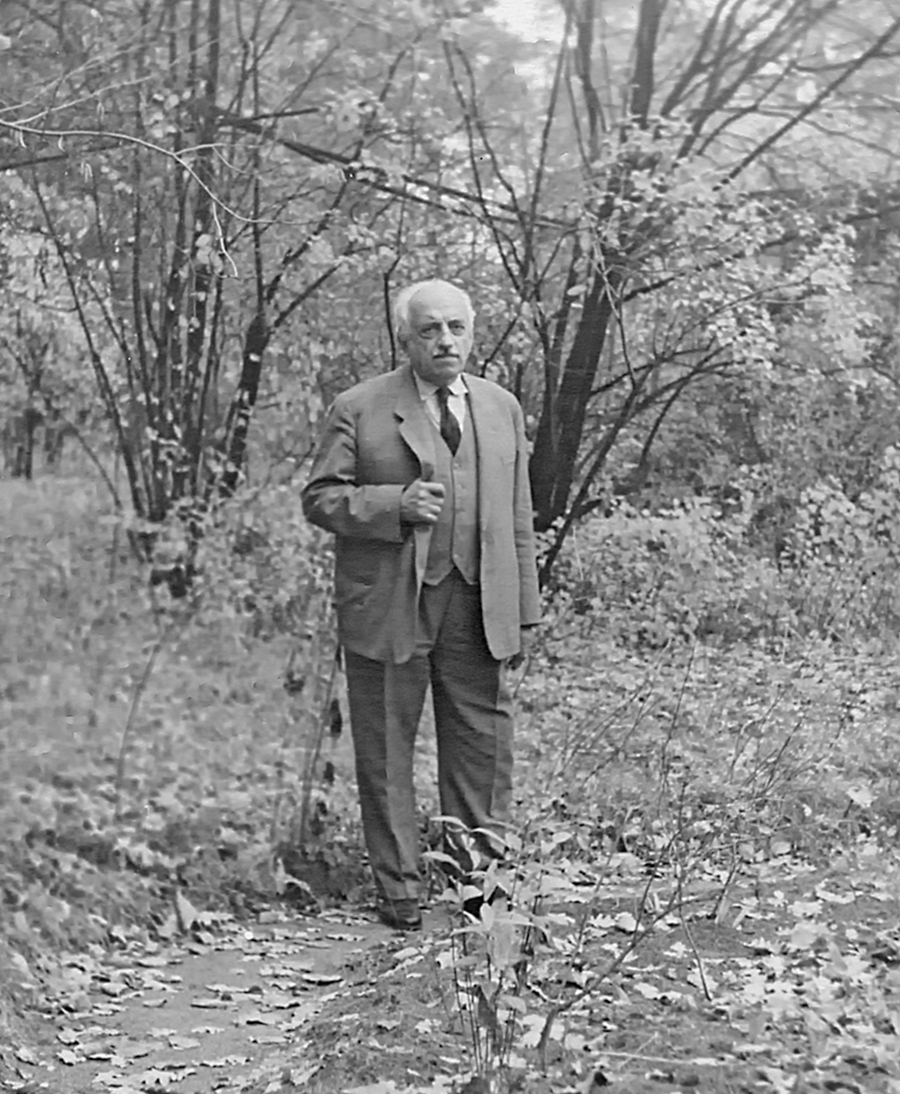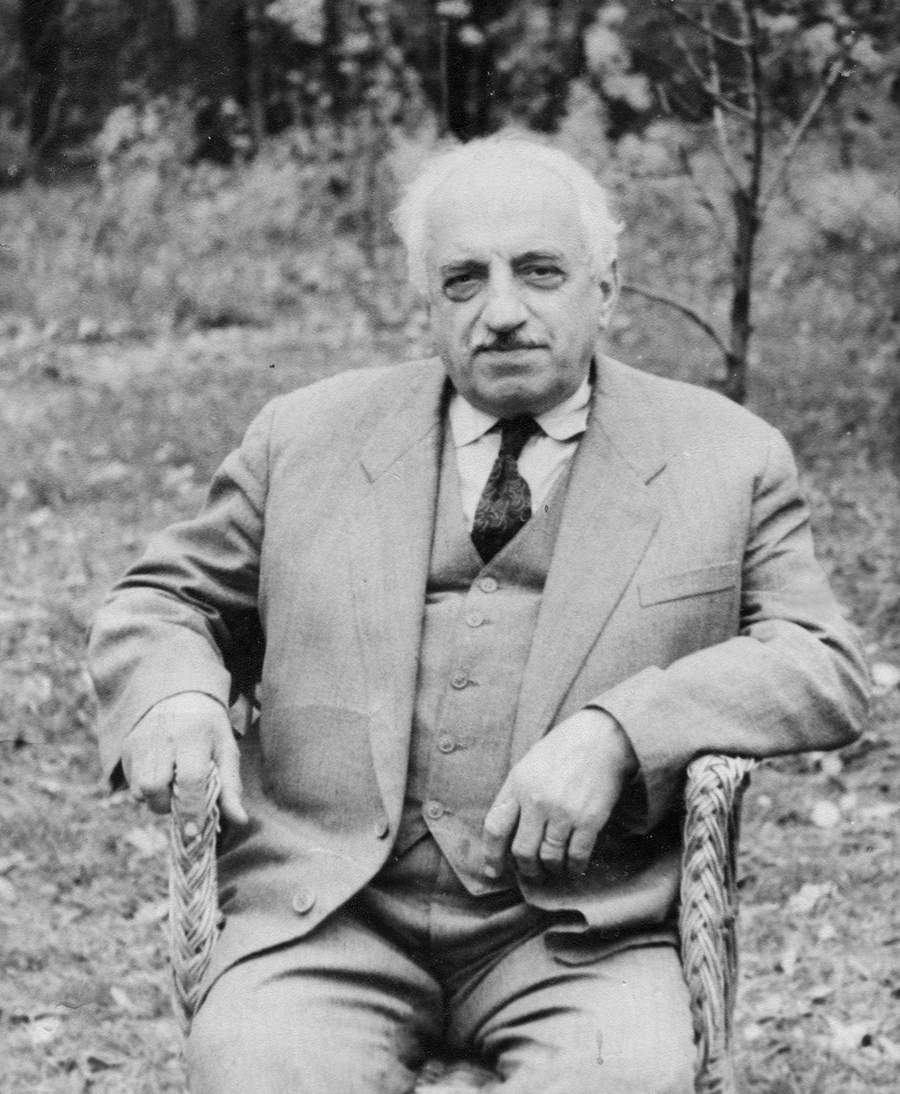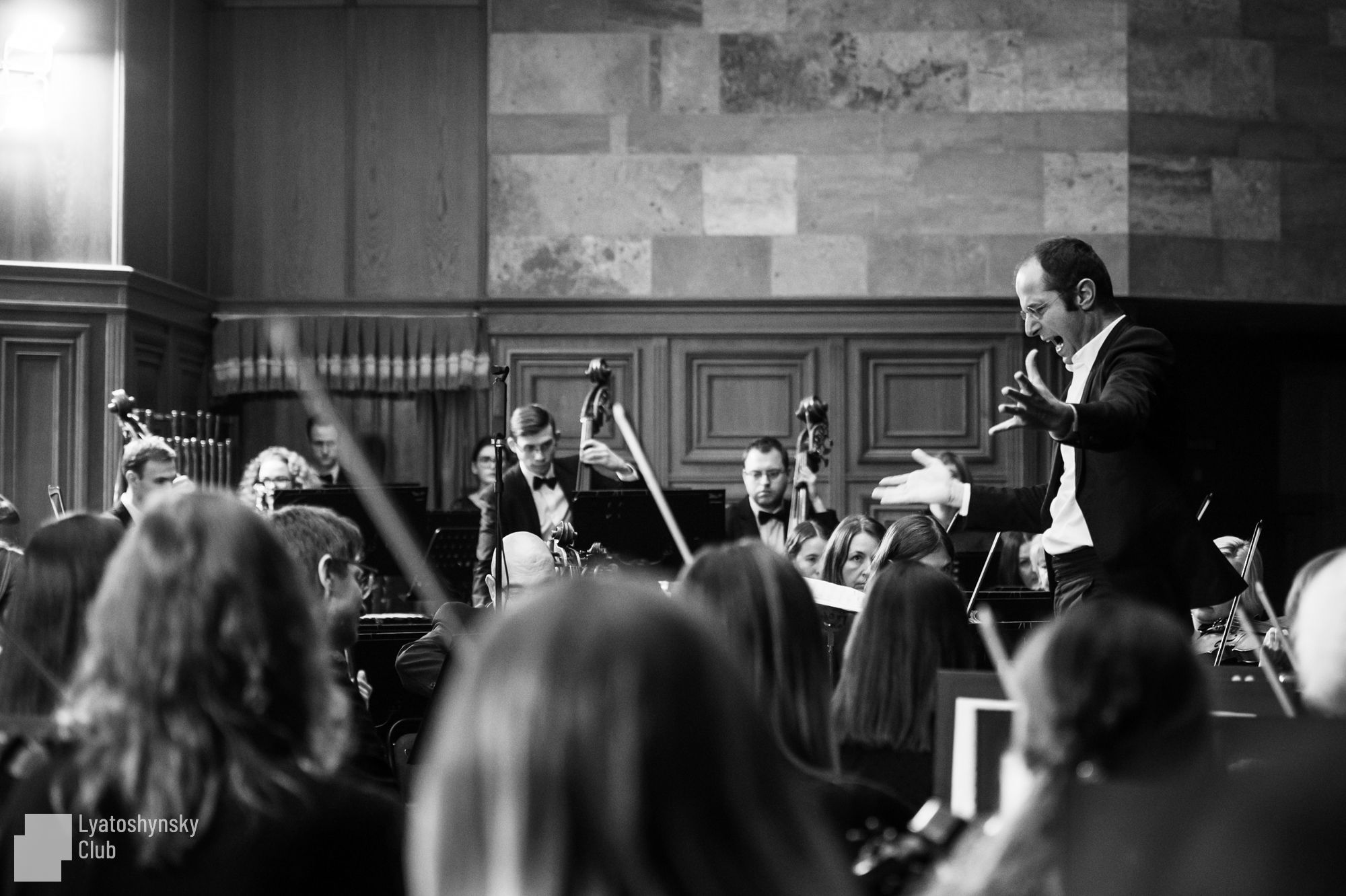Borys Liatoshynskyi is one of the most important composers for Ukrainian music because he lay the basis for Ukrainian classics. He had to compose his music at the time of the USSR cultural terrorism and experienced heavy criticism from the “Party” composers. Nevertheless, he could start the modernism trend in Ukrainian music and develop the whole generation of the music sixtiers, now called Kyiv Avant-garde.
Read about the founder of the Ukrainian musical modernism of the 20th century and find out the significant role in Ukrainian music played by Borys Liatoshynskyi.

